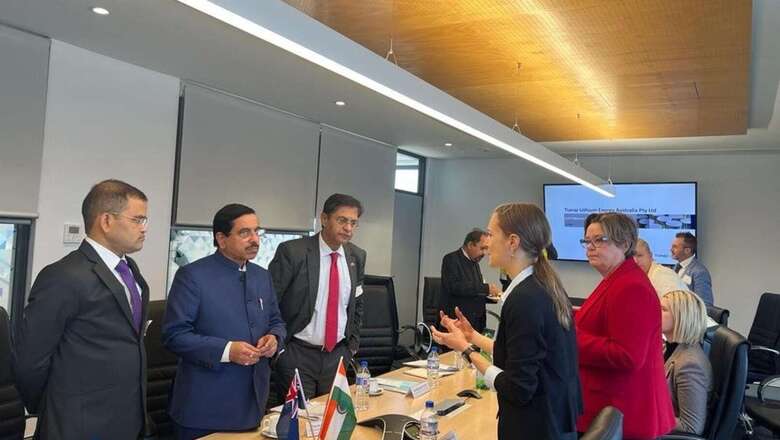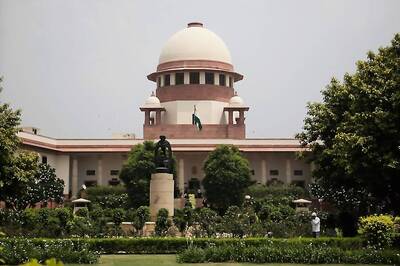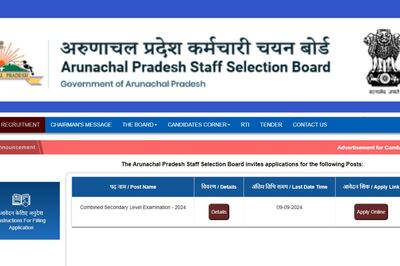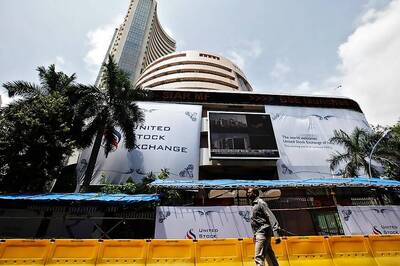
views
In one of the first ministerial visits to Australia since the Anthony Albanese government came to power, Minister for Coal and Mines Prahlad Joshi held talks with his Australian counterpart Madeleine King.
The Australian Minister has confirmed that the country would commit A$5.8 million to the three-year India-Australia Critical Minerals Investment Partnership.
As the demand for electric vehicles grows in India, the government is exploring multiple destinations to meet the demand for critical minerals, which are primarily used in battery manufacturing. With the increased focus on clean energy technology, including electric vehicles, globally, Australia, the world’s largest exporter of lithium, is expected to fulfil a substantial chunk of this ever-growing demand for critical minerals.
Following the meeting, Joshi said: “We have recently signed an MoU between Khanij Bidesh India Ltd, and the Critical Minerals Facilitation Office (CMFO), Australia, which aims to ensure reliable supplies of Critical and Strategic Minerals to India.”
The MoU includes joint due diligence in Lithium and Cobalt mineral assets of Australia. Both CMFO and the Indian JV KABIL will jointly fund the due diligence process with an initial amount of $6 million.
“Once the due diligence is completed and potential projects are identified, we will explore investment opportunities through different methods as envisaged in the MoU,” Joshi said.
The Australian minister said that the bilateral partnership will help advance critical minerals projects in Australia while diversifying global supply chains.
“Australia and India were natural partners on critical minerals and the two countries shared a commitment to lowering emissions and boosting the use of renewable energy. Australia has the resources to help India fulfil its ambitions to lower emissions and meet growing demand for critical minerals to help India’s space and defence industries, and the manufacture of solar panels, batteries and electric vehicles,” King said.
Australia hosts vast reserves of critical minerals, such as lithium and cobalt, which are crucial for clean energy technologies such as batteries and electric vehicles, as well as mobile phones and computers. Following talks with King, Joshi also toured the Tianqi Lithium Refinery at Kwinana.
Calling India and Australia natural partners, Joshi said, “India is among the fastest-growing economies in the world and there is huge scope for collaboration in the mineral sector. Technology transfer, knowledge-sharing and investment in critical minerals like lithium and cobalt are strategic to achieving clean energy ambitions. The future looks promising for India and Australia.”
Joshi’s visit comes as the latest quarterly snapshot of Australia’s resources and energy forecasts ongoing strong demand for lithium and other critical minerals in a world with growing demand for electric vehicles.
The June 2022 Resources and Energy Quarterly publication by the Department of Industry, Science and Resources, projects the value of Australia’s lithium exports to double from $4.1 billion in 2021-22 to $9.4 billion in 2023-24. As per the data, lithium exports were worth only $1.1 billion in 2020-21.
The Albanese government, in its vision of a long-standing commitment to building a stronger relationship with India, has committed to an update of the 2018 India Economic Strategy, an annual India-Australia Economic Dialogue, and to developing Indian language capabilities in Australia.
Read all the Latest News, Breaking News, watch Top Videos and Live TV here.



















Comments
0 comment